Russian whistleblower inquest: Government wins secrecy ruling
- Published
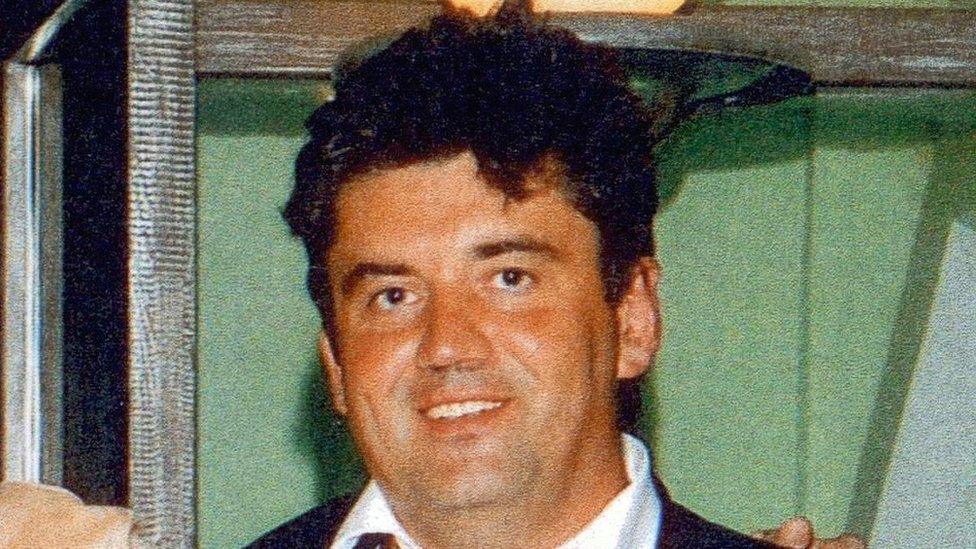
The inquest will look at whether Alexander Perepilichnyy died of natural causes or was unlawfully killed
Sensitive material will not be disclosed at an inquest into the death of a Russian whistleblower after the home secretary won a High Court order.
Amber Rudd argued revealing secret documents at the inquest in Surrey would damage public interest.
The inquest will have to decide whether Alexander Perepilichnyy died of natural causes or was unlawfully killed.
He collapsed outside his Weybridge home in 2012. Traces of a chemical linked to plant poison were found in his stomach.
Claims have been made at pre-inquest hearings that he could have been deliberately killed for helping to uncover a major fraud.
The claims have come from financial firms Hermitage Capital Management and Legal & General.
Mr Justice Cranston said: "According to information provided by Mr Perepilichnyy to Swiss prosecutors before his death, Hermitage was used by senior Russian officials to perpetrate a multi-million dollar tax fraud against the Russian Treasury and Hermitage.
"Legal and General's interest is that it issued a substantial life insurance policy to Mr Perepilichnyy shortly before his death.
"Both Hermitage and Legal and General have suggested that Mr Perepilichnyy might have been murdered, possibly by agents of the Russian State."
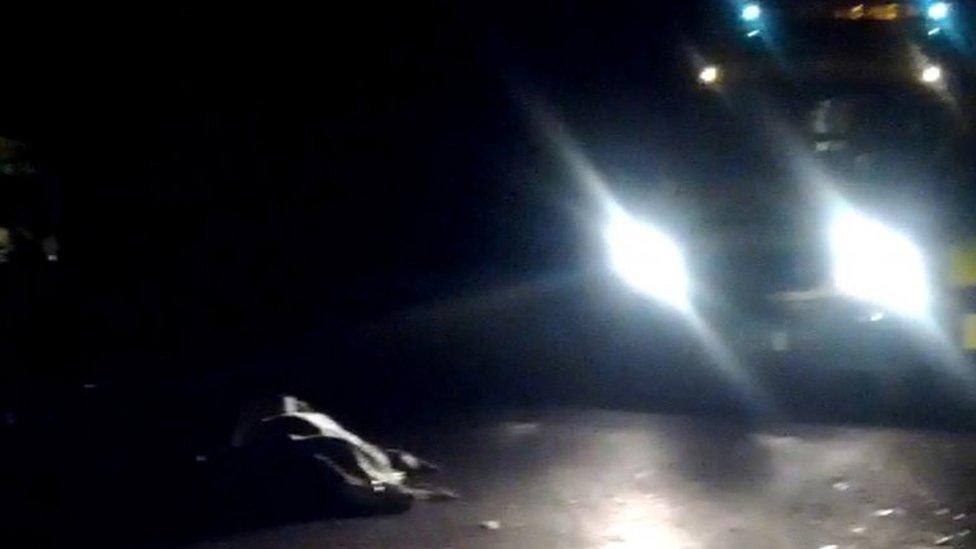
Mr Perepilichnyy collapsed outside his Weybridge home in 2012
Surrey coroner Richard Travers had asked the home secretary and the foreign secretary to produce relevant material, but some of it was sensitive and Mr Travers did not have security clearance to view it, the High Court heard.
"Consequently, he decided that he was not in a position to decide the Secretary of State's application that it not be publicly disclosed and ordered the Secretary of State to make an application for public interest immunity (PII) to the High Court," the judge said.
He said he had "no hesitation" in finding the balance came down in favour of non-disclosure and ruled the Home Secretary was entitled to a PII certificate.
There were no cogent reasons for rejecting her view "that there would be real and significant damage to national security from disclosure", he added.
The ruling means the public, Mr Perepilichnyy's family, and family lawyers without clearance will be denied access to the documents.
The judge also said Mr Travers's position was "untenable" because he did not have the necessary clearance and a replacement would have to be found.
The replacement coroner would need to keep the PII question under review, and consider "whether a public inquiry is needed", he added.
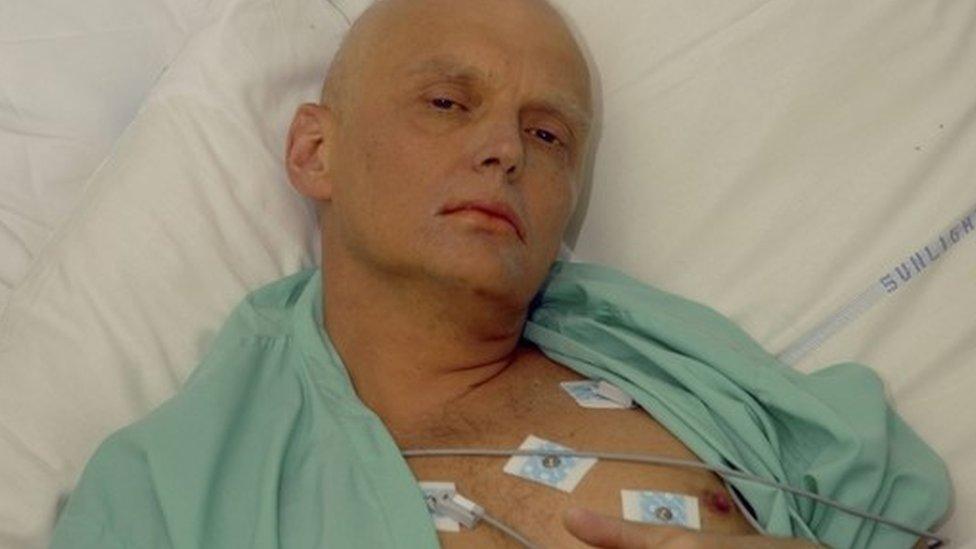
Mr Perepilichnyy's death has been compared to that of Alexander Litvinenko
The inquest opened in 2014, but has been hit by a series of delays.
There have been 12 pre-inquest reviews and about 5,000 pages of documents gathered.
One hearing heard Mr Perepilichny's death had parallels with the murder of former Russian spy Alexander Litvinenko.
A full hearing is expected to take place in March.
- Published2 June 2016
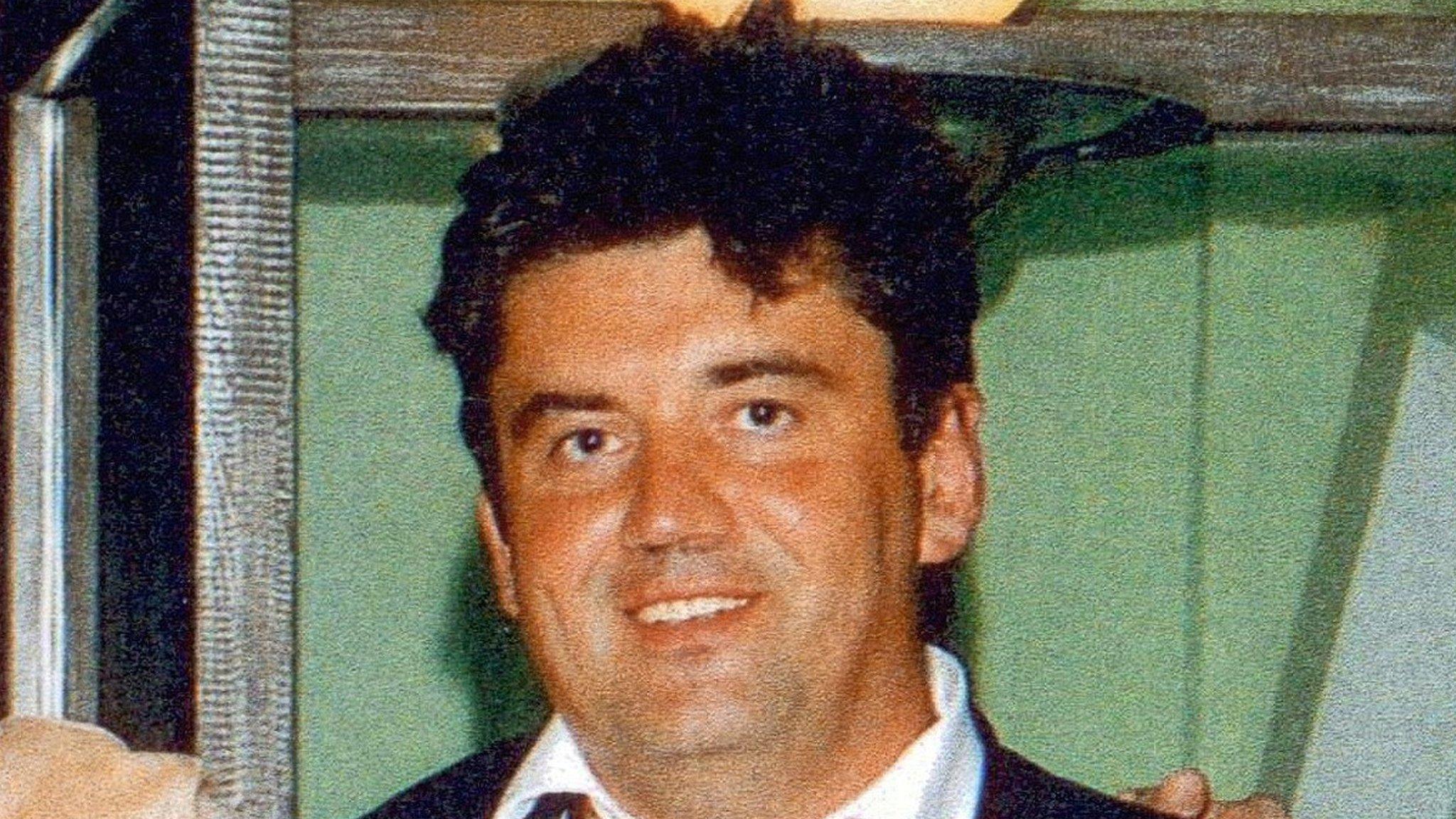
- Published28 January 2016

- Published13 January 2016

- Published28 May 2015
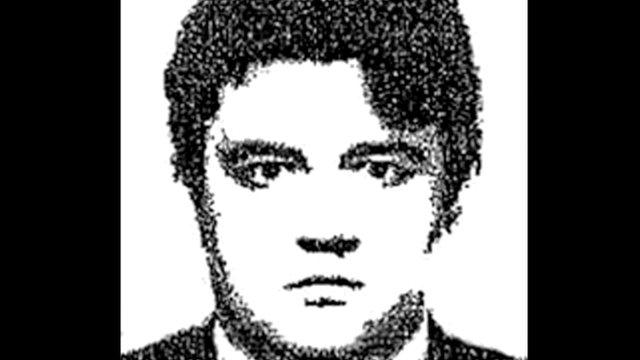
- Published18 May 2015
